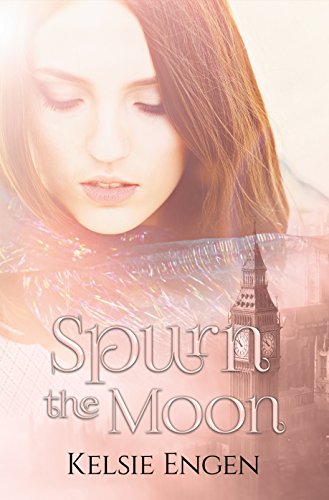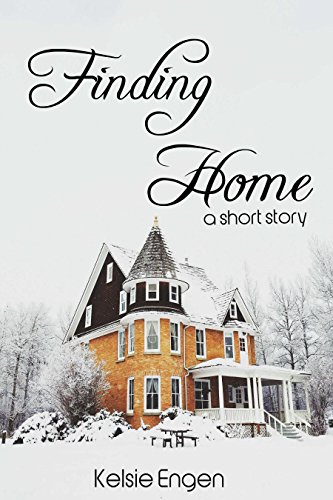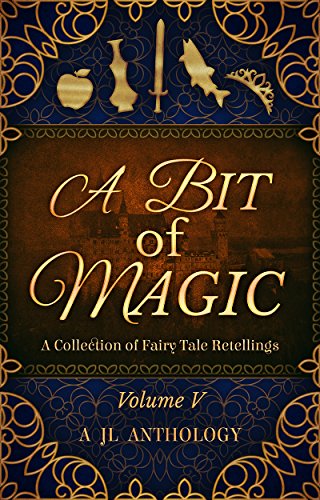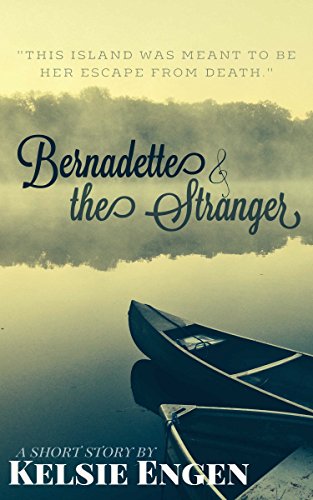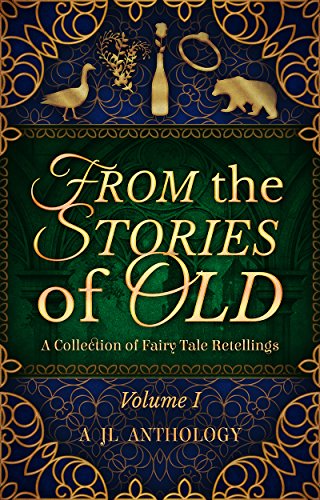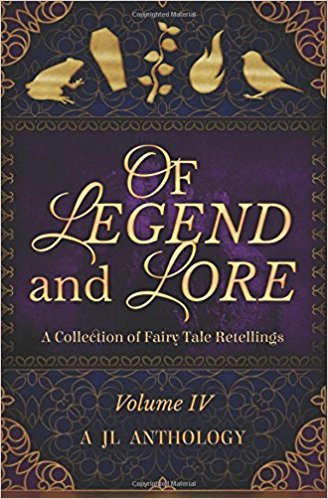5 Different Types of Editing
For beginning and even seasoned authors, it can be difficult to tell what kind of editor you need for your manuscript.
There are many different kinds of editing, but usually professional editing can be broken down into four types:
1. developmental edit
Developmental editing is also called "content editing," and in many cases, this is where you should begin.
After you have polished your draft as much as you can, seek out a developmental editor who can tell you where your plot, characters, and storytelling could be strengthened.
This is the structure of your novel, and if your structure fails, all the pretty phrases in the world or even excellent copyediting won't save your story.
A developmental edit should address these subjects:
Character arc & development
Point of view
Character voice
Plot structure
Theme
Consistency throughout the story
Weaknesses within the story
If you think you have a solid grasp on all of these issues, I recommend you look into a beta read, as outlined down below. Some authors forgo developmental edits in favor of multiple beta reads, and it might be an option for you, too.
2. line edit
A line edit focuses on the way you use language to convey your meaning.
A line edit may:
Catch redundancies
Tighten your writing
Pick up on overused or unneeded words
May reveal confusing passages due to improper grammar or poor transitions
Inconsistencies in tone
Point out stilted phrasing
Address plot issues
A line editor should help you grow as a writer by pointing out areas that can be improved, for this and all future projects.
3. copy edit
If you're confident that your novel's plot and characters are excellent, your passages are fluid and a joy to read, then this is one of the last steps for you.
A copy editor's job is quite technical. They will address:
Misspellings, including homonyms
Punctuation and grammar
Correct hyphenation usage
Limited fact checking
Syntax
Tone
Style
Consistency
4. proofread
This is the lightest type of editing. This should be the final step before you publish, after you have had your piece edited by a line editor and/or copyeditor, if you have chosen to do so.
Proofreading catches any mistakes that have made it through previous editing rounds.
consistency
homonyms
misspellings
punctuation
page numbers, titles, etc.
Even if you do no other editing for your piece, I recommend having it proofread by a professional or a grammar nerd you trust. Nothing's worse than getting emails from readers pointing out your typos. (Well, except perhaps having no readers at all, but that's another issue.)
5. beta read
Yes, earlier I said there were four main types editing, and yet this post is titled "5 Different Types of Editing." Bravo, you have been paying attention! The fifth type of editing is not usually done by professionals at all--or rather, it's usually done by the oldest type of bookish professionals: readers.
But first ask yourself why you aren't hiring an editor. If you can't afford an in-depth edit, or if you think you have a solid grasp of story structure, point of view, theme, and all else that is usually addressed in a developmental edit, perhaps a beta reader (or several) should be employed.
A beta reader is a reader first and foremost. So when you ask someone to read your completed manuscript and give you feedback on what works and doesn't work (or what they like and don't like), you are essentially employing a beta reader.
Beta reads differ from a developmental edit in that they are much lighter reads of your manuscript, and don't offer as many in-depth suggestions for your story. Some readers won't know how to describe why they like and don't like certain aspects of your novels, and so won't have the knowledge or tools to be specific about their likes or dislikes.
Which is why some editors will offer beta reading services. Some people specialize in providing beta reads for a small service fee. And some friends are vociferous readers who would give their kidney to read your pre-published novel in exchange for providing you with their honest feedback.
Why would you consider a beta read then?
You might consider a beta read if you are on a budget and simply don't know what works and what doesn't for your novel. Some seasoned authors employ beta readers instead of paying for a developmental edit, due to the author's experience and grasp of story structure.
Many authors will utilize friends and family, who can be too kind and return feedback of the unhelpful variety, like "I loved it" or "I hated it."
But if you cannot afford a developmental edit, and if you find yourself in need of more in-depth feedback, consider a beta reading service. These are professionals, either editors or professional beta readers, who can verbalize exactly what they feel is right and wrong with your novel. Note that there is always a high degree of personal tastes involved in beta reading--more so than in editing.
Things a beta reader might consider would be similar to a developmental edit (but with less scrutiny), like plot, characters, pacing, and setting. They might give feedback such as: I didn't like George, but I think I was supposed to. It was comments like when he insults his wife on pages 25, 34, and 61 that made me dislike him. Or perhaps they'll tell you that the first half of your novel was difficult to get into, but after page 155, they really enjoyed it, yet they can't tell you why that was.
Usually beta reads are either free through friends and other beta reading sites, as well as through paid services for a reasonable fee.
Editing is always wise
Even professionals get their work edited. It is in your best interest to get a professional to scrutinize your work.
By doing so you will learn:
better storytelling techniques
grammar tips
your go-to "crutch" words and phrases
how to be a better writer
and so much more
2016 © Written Word Editorial Services, All Rights Reserved.
